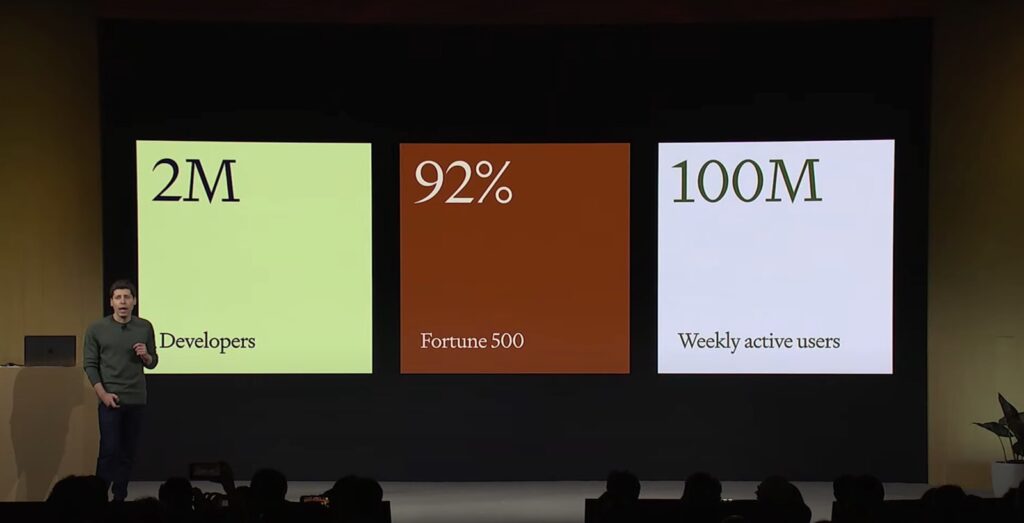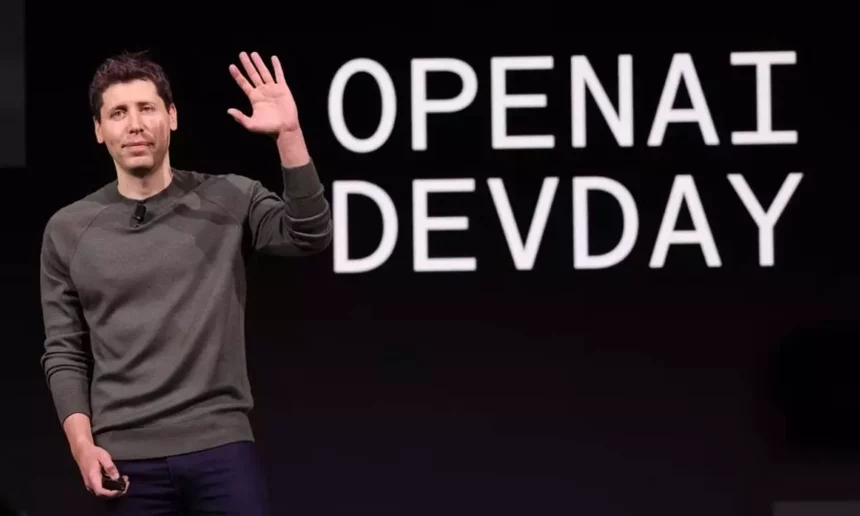OpenAI’s CEO, Sam Altman, stated that the company is dedicated to protecting its customers when they face copyright-related lawsuits. This commitment was announced during a keynote address at OpenAI’s inaugural Developer Day conference. Altman assured customers that OpenAI would provide support by covering the costs associated with legal claims about copyright infringement.
In an official statement posted on OpenAI’s website, the company clarified this policy, naming it the “Copyright Shield.” It is designed to assist and offer legal protection to both ChatGPT Enterprise users and developers using OpenAI’s platform. This proactive measure is aimed at reassuring and safeguarding users, particularly in the face of copyright disputes.
“OpenAI is committed to protecting our customers with built-in copyright safeguards in our systems,” the statement said.
This initiative is likely an attempt to alleviate concerns among consumers who are worried about unresolved copyright issues associated with generative AI systems. OpenAI is currently engaged in multiple legal battles where it is accused of using unauthorized copyrighted material in ChatGPT’s training data.

These legal disputes even involve a lawsuit from a group of authors, including the well-known “Game of Thrones” writer, George R.R. Martin. Additionally, AI image generators have encountered similar legal challenges, including issues with artists and the stock image library Getty Images.
The US Copyright Office has been grappling with the growing issue of AI-generated content for some time. Recently, they have been considering new regulations and guidelines regarding the use of AI models and the content they produce.

In evaluating claims of infringement relating to outputs, the analysis starts with the user. After all, there is no output without a prompt from a user, and the nature of the output is directly influenced by what was asked for.
OpenAI wrote in comments to the US Copyright Office
ChatGPT’s rival Bard, who is owned by Google, told the US Copyright Office: “Any resulting liability should attach to the user.”








